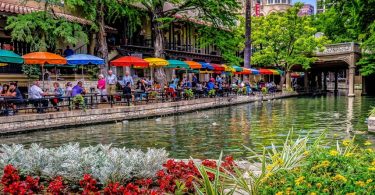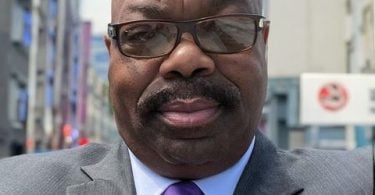The 3-day Delphic Games Summit 2016 and the XI IDC Session in New Delhi, India, were a tremendous success. The event brought geographically distant friends together with disparate perceptions and put them on the same page, unifying an effort for an idea whose time has come.
It was the coming together of minds, views, and conversations and an endorsement of serious believers that the Delphic Movement is a work in progress, and this event brought participants together for an encounter of the arts and a dialogue of cultures.
The International Delphic Council (IDC) was founded 1994 in Berlin, Germany, with the aim of reviving the Delphic Games, providing a unique Forum for Arts & Cultures of the world. The Delphic games are historically a peace-engendering competition of the arts. They first took place about 2,500 years ago in ancient Greece alongside the Olympic Games and had at the time a similar level of importance in society. They were banned in 394 by an emperor, and the new games were revamped 1,600 years later and became known as the Delphic Games of the Modern Era.
The event program included panel discussions on many topics. Opening the discussions, moderator Prof. Divina Bautista, President, IDC, Pedagogue, Pianist, Philippines, spoke of the Delphic Movement in general and of her experiences during the organizing of the Delphic Games in the Baguio City of the Philippines. The next panel explored the power of art and education and the fine balance of preserving one’s cultural identity and meaningful traditions while evolving the same so that it remains socially relevant with the changing times and minds.
A discussion then followed about how society is shaped by values, such as justice, education, health, media, and art forms which allows societies to network with other societies with tolerance, cooperation and respect. The panel discussed these intrinsic values which are universal and how art, education, and culture must be harmonized with these values in order to transmit them through society to leave an enduring imprint on the collective consciousness.
There was an intense debate where many suggestions arose on the criteria for entering the games and what elements do works of art contain in order to be deemed worthy of Delphic action. In a discussion on tourism and the arts, Mr. Bill Boerum, Chairman Emeritus, Sister Cities International, Wine Tourism Expert, NAPA Valley, highlighted his experiences with NAPA Valley Wine Tourism, and panelists spoke of how history can blend with modern day commerce to create the perfect ecosystem for tourism like in the Hampi region, Karnataka, and art forms like music can contribute to tourism such as in the case of the Goa International Jazz Festival.
During a discussion on communicating the arts, the importance of branding and focused communication, as well as digital communication, with a peek into human behavior and consumption patterns and how the Delphic Games need to be positioned for the larger audience was a hot topic. The Delphic Games can scale up to the challenges of involving the youth – the key to any successful movement and activity.
The function of European sports bodies was tabled and what it takes to get television revenues and other forms of marketing support. The need for initiatives to encourage artists and artisans to find newer unconventional avenues for revenues, with an example of public transport in Benares and how art in public spaces made a difference were also talked about.
Lastly, in a somewhat different conversation, Mr. Vladislav Chernyavskiy, traveler, musician, and healer, narrated his unique experiences travelling around the world and connecting with people, living with communities, sharing and learning along the way. He interspersed it with some soul stirring music, and the audience was enthralled with a slide presentation and soothing narrative.
The International Delphic Council is a member of the International Coalition of Tourism Partners (ICTP). http://www.tourismpartners.org/






















